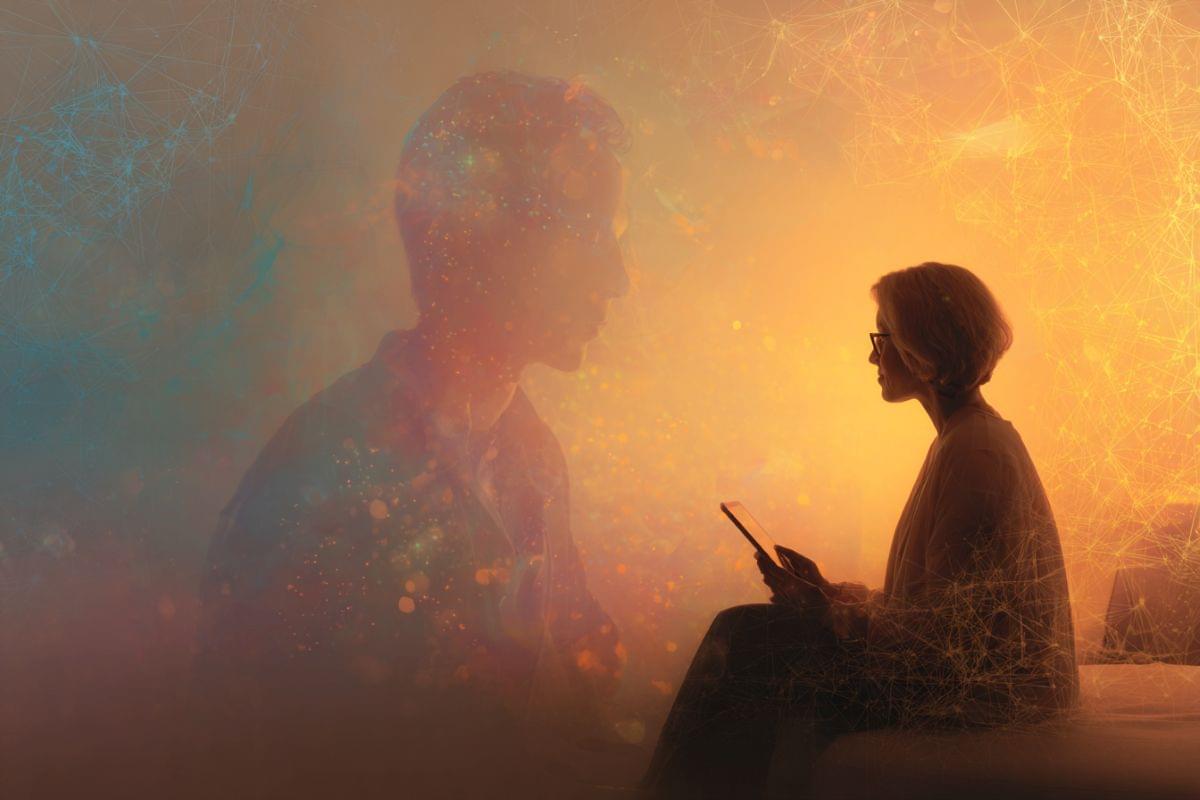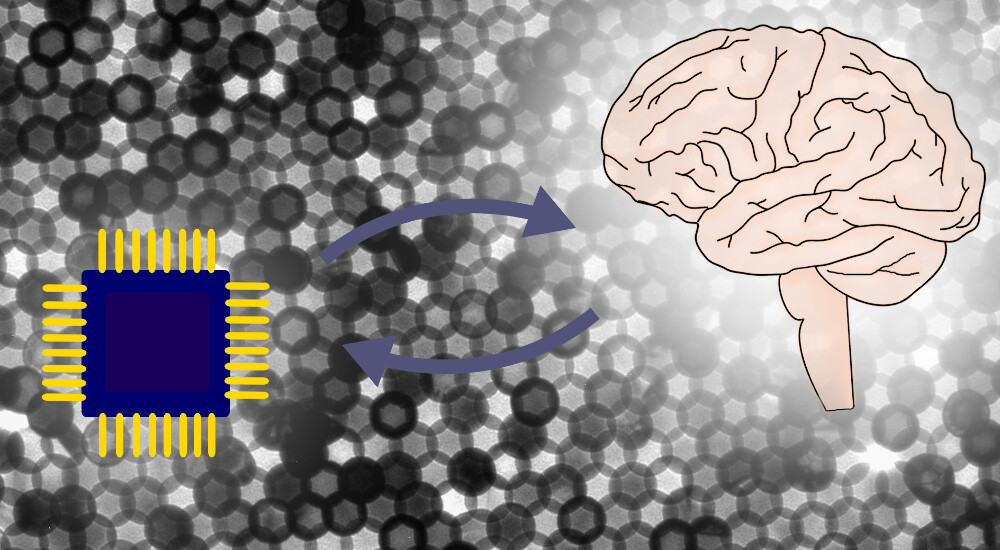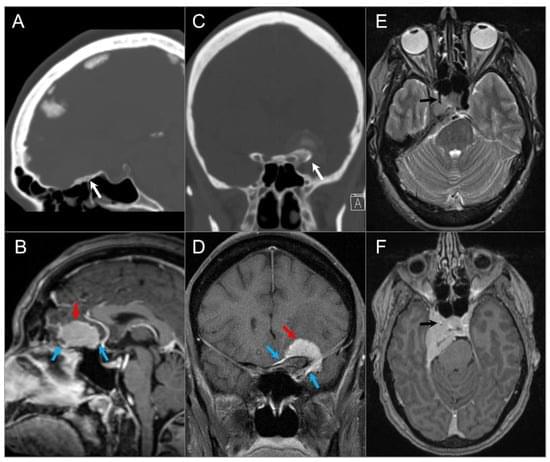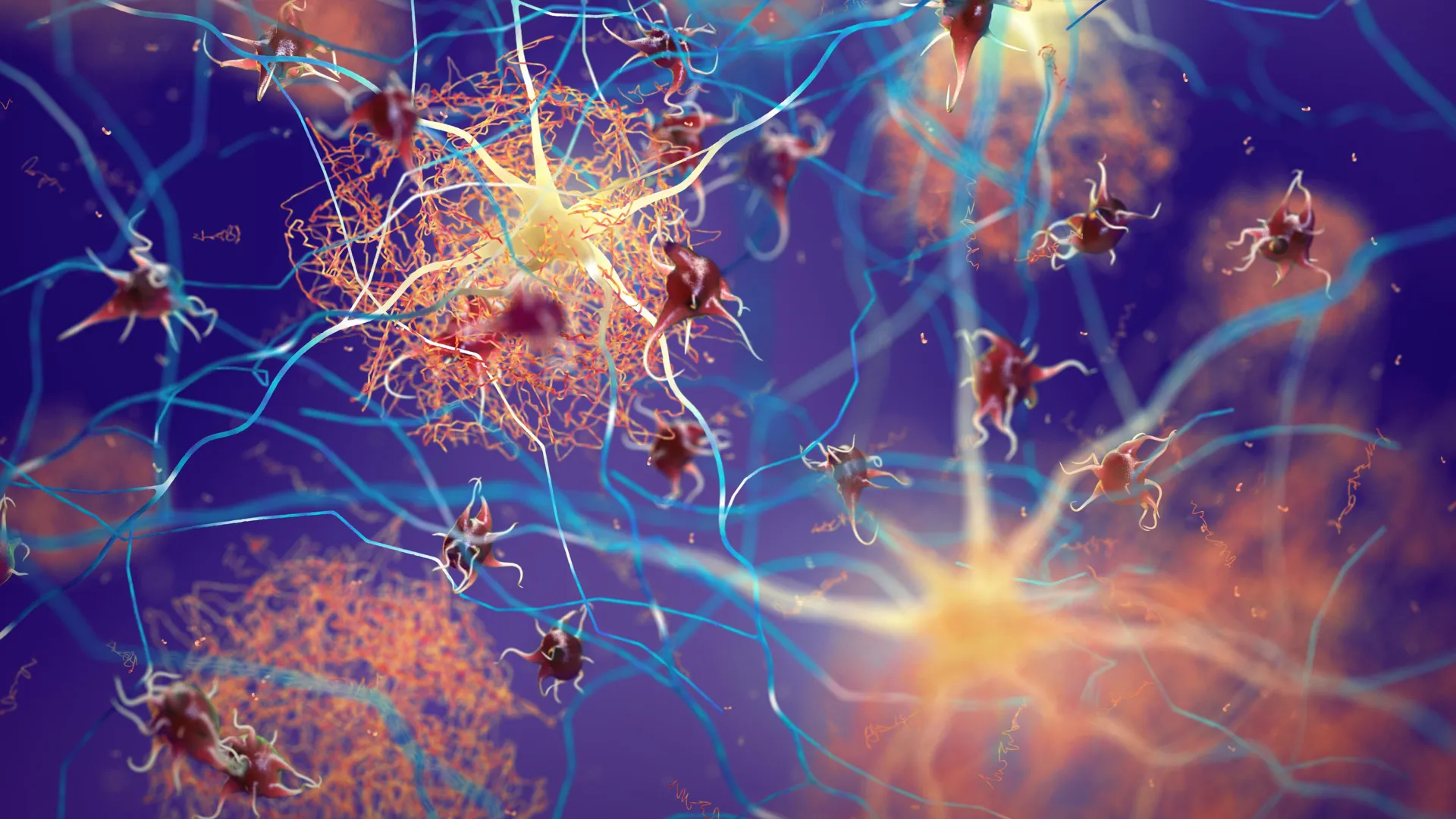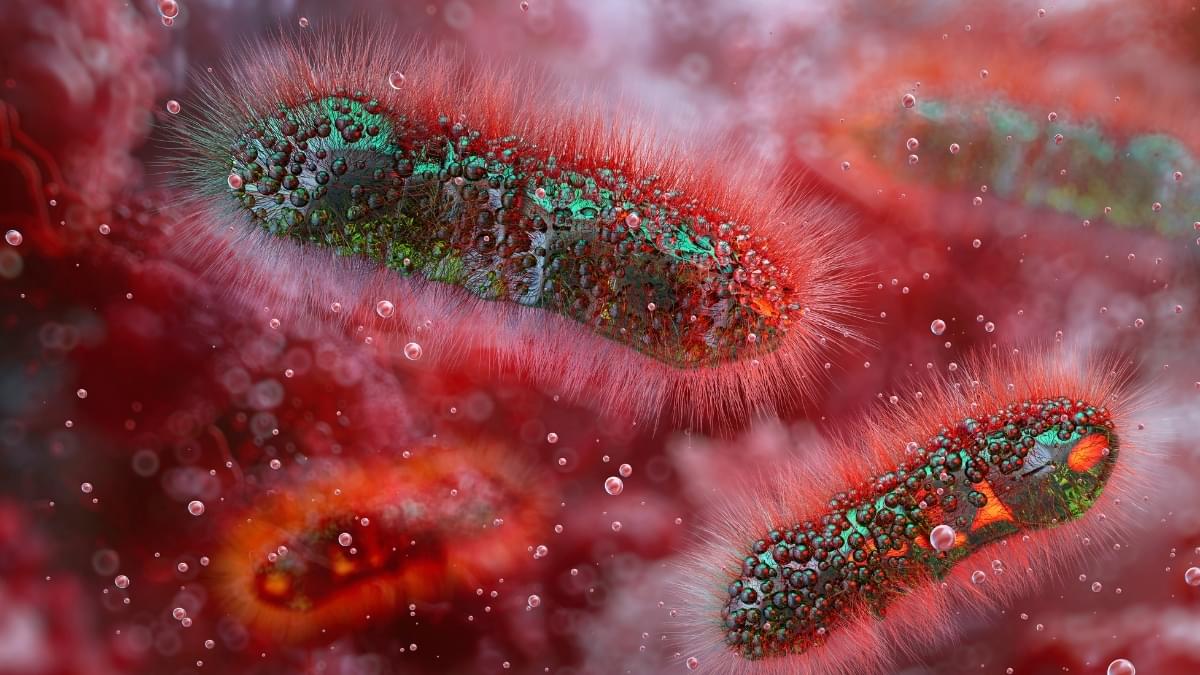Researchers from Curtin University in Australia and multiple universities in Ethiopia report that prenatal folic acid and multivitamin supplementation is associated with a roughly 30% lower risk of autism spectrum disorder (ASD) in children, based on an umbrella review of existing systematic reviews and meta-analyses.
Global estimates in the reviewed material place ASD prevalence at up to 1% of children. ASD affects reciprocal social interaction, nonverbal communication, and understanding of social relationships. Co-occurring conditions frequently include epilepsy, depression, anxiety, attention deficit hyperactivity disorder, sleep disturbance, and self-injury.
Previous studies found that both genetic mutations and environmental influences contribute to ASD risk, with prenatal maternal nutrition identified as one modifiable environmental factor. Within that broader category of prenatal maternal nutrition, folic acid and multivitamin supplements are among the most accessible interventions offered to women before and during pregnancy.

